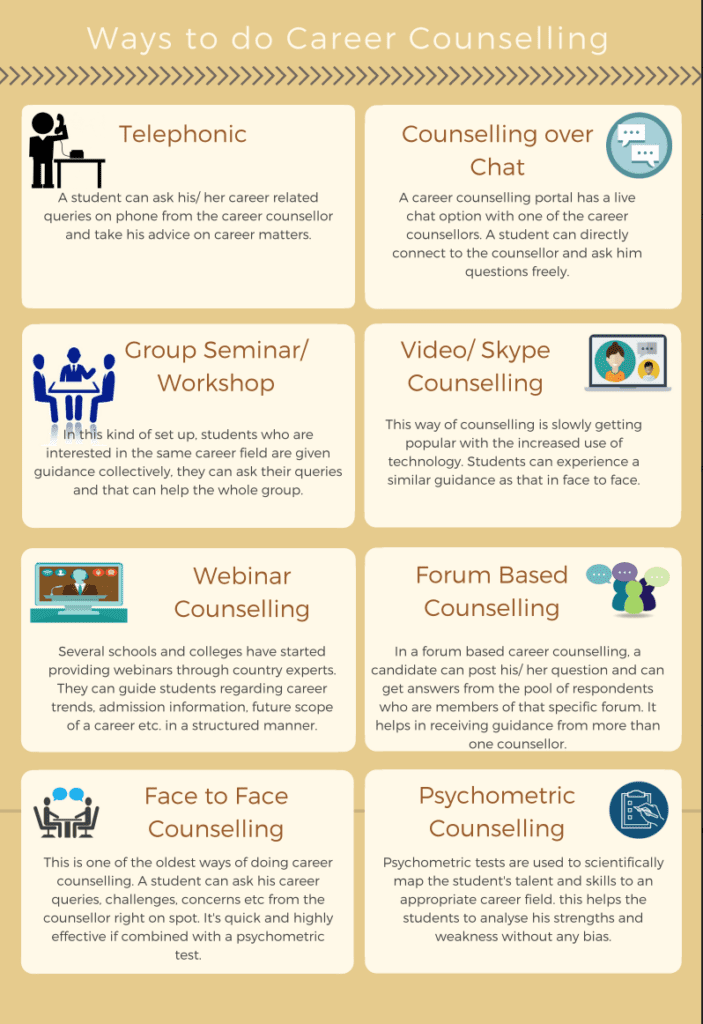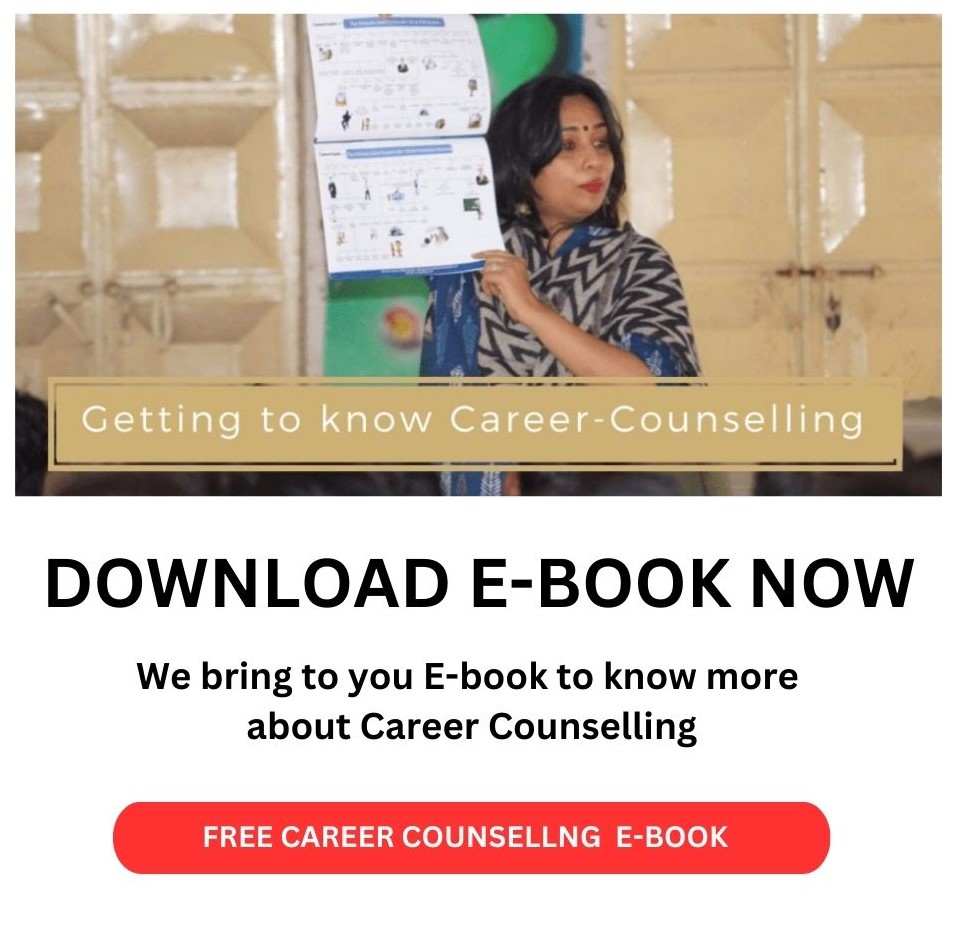If you have excellent people skills and a passion to help others grow both personally and professionally, a degree in counseling may be the right option for you. Being a full-fledged counselor opens you up to many possibilities. The field contains different specializations across different industries, so you won’t have to worry about finding an employer. Here are 4 opportunities for having a degree in counselling.
Career Opportunities: Opportunities for employment or career advancement, such as job openings, promotions, or training programs.
Business Opportunities: Opportunities to start or expand a business, such as finding a new market niche, identifying a gap in the market, or forming partnerships with other businesses.
Education Opportunities: Opportunities for learning or skill development, such as scholarships, internships, or study abroad programs.
CAREER COUNSELLOR'S POWER-UP PACKAGE
Career counseling is a process of assisting individuals in identifying and achieving their career goals. It involves exploring an individual’s skills, interests, personality traits, and values to help them make informed decisions about their career path. Career counseling typically involves a range of activities, including assessments, one-on-one sessions with a career counselor, and the development of a career plan. The ultimate goal is to help individuals find work that is meaningful, satisfying, and aligned with their personal and professional goals. Career counseling is particularly beneficial for individuals who are facing career transitions, such as students trying to decide on a major, mid-career professionals seeking a change, or individuals who have been laid off or are struggling to find work.
Human Resources
Modern organizations are investing heavily in building a stable HR infrastructure. After all, the health and well-being of employees are critical to the goals of a business or institution, so the demand for HR officers with backgrounds in career counseling is high. Working in the HR office of a corporate enterprise can help you with the skills and experience you need for rapid career advancement, especially when you are working in a fast-paced industry.
Career Counseling
Another career option you might want to consider is working as a career adviser in the educational sector. This comprises having lengthy conversations with students to support them in forging their career path. Now that you have made sense of your own career as a counselor,
you might be able to provide more clarity to young people. Brighter futures don’t write themselves, so become a part of helping students find themselves beyond the doors of high school.
Community Work
From a corporate office to the school, there are many avenues for you to apply your skills and knowledge as a career counselor. But if you have a heart for public service, you might choose to bring your capabilities to a larger arena where you can help people from different walks of life. As a community worker, you get to work with cause-oriented organizations or establish an organization of your own that’s dedicated to addressing specific problems, from poverty to drug abuse. In addition, your exposure to community work enables you to grow your network and forge your reputation within development circles.
Mental Health Advocacy
Of course, it’s important to point out the value that career counseling has towards engaging mental health issues, especially among vulnerable groups like the youth. There are ethical and legal obligations you need to satisfy, but once you are cleared to practice as a professional counselor, you can get a job at establishments offering diagnostic and treatment services to patients. From here, you can take your skills further by understanding how telemedicine and virtual counseling works. Check out Edith Cowan University, where you can be equipped to handle virtual consultations and interventions. These are just a few of the most important opportunities that a degree in career counseling offers you.















